The Social Structure of Values is one of the most revealing books of Dr. Radhakamal Mukerjee, one of the foremost thinkers of our era. Karl Mannheim had remarked that prior to this book there was no systematic work on the sociology of values. The theory of values is considered to be the most important contribution of professor Mukerjee who interprets society as an organization and accumulation of values. The book is based on the lectures, the learned scholar delivered at some of the most prestigious universities of the world, Harvard, Columbia, Maryland, Washington and London, in the presence of the distinguished thinkers like Sorokin, Zimmerman, Mac Iver and Allport. Dr. Mukerjee in the present work has analysed sociology as a science and philosophy. He has articulated a sociological theory of values and traced their social origin and evolution. Dr. Mukerjee feels that the methodology of all social services is undergoing transformation with a view to give guidance to man for his life, values and fulfillment. The dualism between facts and values, individual and society, egoism and altruism, humanity and cosmos is now fading away. The unity of society and intrinsic values is being emphasized and possibilities of a natural integration of social sciences are gradually unfolding. Dr. Mukerjee has underlined values as essential features of the new outlook in sociology. He aims to achieve universal values and the unlimited society of mankind and cosmos. He believes that different individuals, groups and institutions work for social interests in different ways but the issues of adjustment, integration and balance is always fundamental. It can be achieved through the formation and assimilation of norms and ideals.
ABOUT THE AUTHOR G.R. Madan
Dr. G. R. Madan, M.A. (Econ.), M.A. (Socio.), Dip. In Com., LL.B., Ph.D. (born 1923), had a good academic career. He worked in a research project “Socio-economic Survey of Lucknow City†sponsored by the Research Programmes Committee of the Planning Commission, under Dr. Radhakamal Mukerjee, Director, J.L. Institute of Sociology and Human Relation, Lucknow University, between 1954 and 1956. From 1956 onwards he taught in the Department of Sociology and Social Work, Lucknow University till his retirement from the university service in 1984. During 1966-67 he was Post doctoral fellow at the Social Science Research Centre, Mississippi State University (U.S.A.) as well as a Fulbright Visiting Lecturer. He worked there with Dr. Harold F. Kaufman in the field of Rural Sociology. During 1970-71 he went to England under the British Council Commonwealth University Interchange Scheme and worked with Professor S.L. Anderski, at the University of Reading. His work Western Sociologists on Indian Society has been published by the International Library of Sociology, London. In 1973, he was invited to deliver some special lectures on “Social Disorganization and Social Reconstruction in India†at the Karnataka University, Dharwar, and 1976 on “Community Development in India (Some Recent Trends)†at the Bangalore University. He has published several book and articles on India’s social and economic problems. He is associated with a number of social welfare voluntary organizations. Currently he is Visiting Professor of Sociology, Maharaja Surajmal Institute, Janakpuri, New Delhi.
ABOUT THE AUTHOR Radhakamal Mukerjee
Radhakamal Mukerjee (1889-1968) has been one of the few multidisciplinarians of our age who wrote with equal case, originality and authority on a large variety of areas including economics, sociology, ecology, mankind, democracy, civilization, art, psychology, personality, population, values, marals, philosophy, evolutionand mysticism. He authored about fifty books on various subjects. He was Professor and Head of the Department of Economics and Sociology from 1921-51 in Lucknow University and later or Vice-Chancellor in the same university for some time. He was invited to deliver lectures in many Indian Universities and also abroad including U.K. Europe, U.S.A., and U.S.S.R. He was Professor and Head of the Department of Economics and Sociology from 1921-51 in Lucknow University and later on Vice-Chancellor in the same University for same time. He was invited to deliver lectures in many Indian Universities and also abroad including U.K., Europe, U.S.A., and U.S.S.R. He was member of many voluntary organisations, government committees including some international bodies. Besides being a renowned scholar, eminent social worker who helped in the organisation of adult education classes, co-operatives and various other welfare activities throughout his life, he was a great mystic. He regularly devoted few hours to yoga and meditation before dawn and during the last few years of his life he used to hold regular fortnightly classes on Bhagavad Gita, which were attended by his disciples and other devotees. Besides Bhagavad Gita, some of his earlier writings on this subject are the Theory and Art of Mysticism (1938), Lord of the Autumn Moon (1957) and Astavakar: The Song of the Self-Supreme (Astavakragita) 1971). Ome of the American Reviewer has considered him to have written some of the most important works of our century. Another American Professor has remarked that R.M. was one of the most gifted of the human minds of our time which has worked in the social sciences and through these sciences to a philosophy of social science and human life.

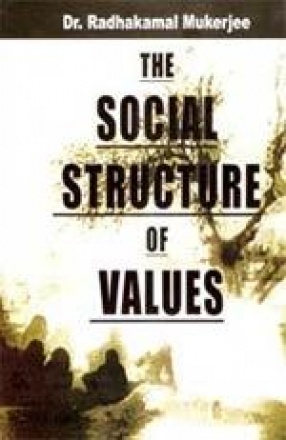

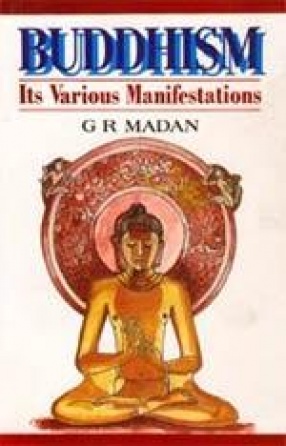
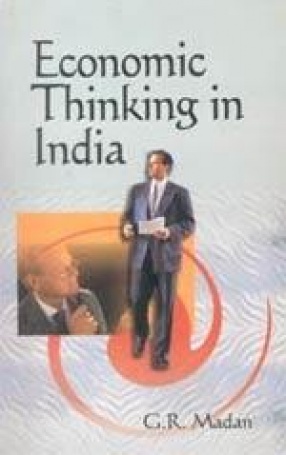
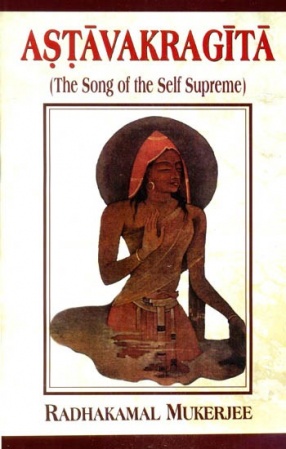
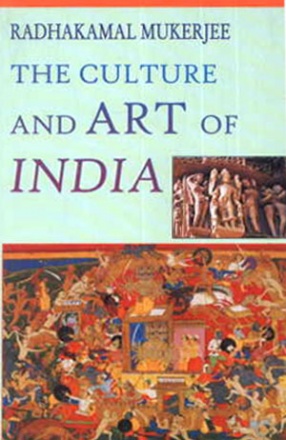
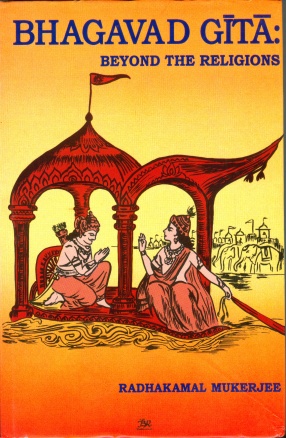
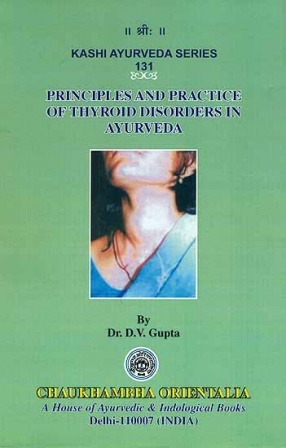
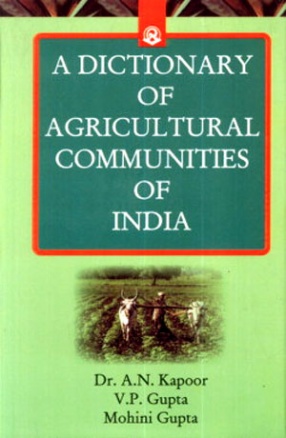
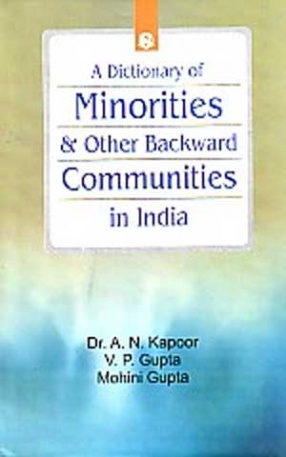
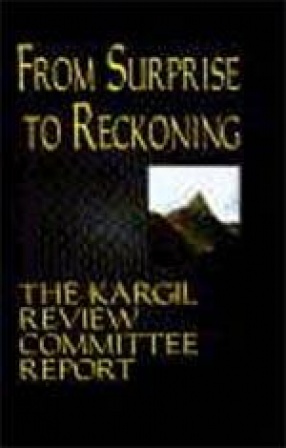
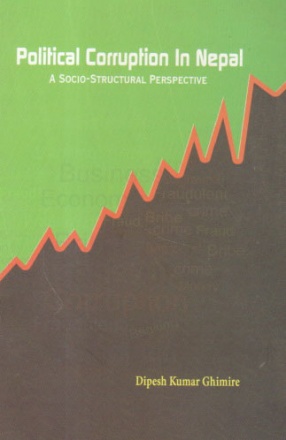
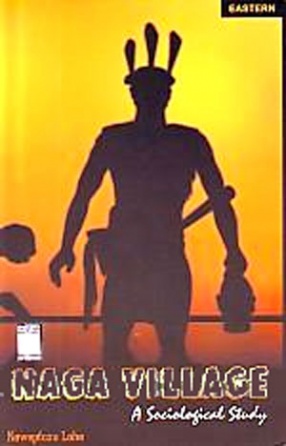
There are no reviews yet.